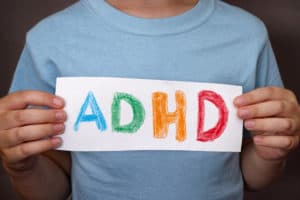
What is ADHD?
ADHD stands for attention-deficit/hyperactivity disorder. This condition affects many adults, but is one of the most prevalent mental disorders among children. The main symptoms include hyperactivity, inattention, and impulsivity.
The Link Between the Two
A study published in the Annals of Allergy, Asthma, and Immunology in 2013 found a link to a higher prevalence of allergies, asthma, and skin infections in boys with ADHD symptoms. However, the study didn’t reveal whether the allergies cause the symptoms or vice versa.
Additionally, in a 2018 study published in Scientific Reports, children with ADHD were used as participants to determine the link between it and allergic diseases. The study found that:
- 24.5% of participants had symptoms of asthma
- 61.6% of participants had symptoms of rhinitis
- 20.4% of participants had symptoms of eczema
As a result, rhinitis symptoms and eczema symptoms were proven to have a notable association with a heightened risk of ADHD.
Why Are Allergies Linked?
The health of the immune system, which is responsible for allergy symptoms, can have a significant impact on a child’s behavior. Allergies are triggered by immune responses that typically cause inflammation, leading to symptoms such as nasal congestion, coughing, sneezing, chest tightness, and eye irritation. The inflammatory responses caused by allergies may impact the central nervous system, making children more susceptible to neurodevelopmental disorders like ADHD.
If you or your child are experiencing symptoms of allergies, asthma, or eczema, visit Kratz Allergy & Asthma. Our experienced allergists can provide the treatment needed to achieve relief and prevent complications from these conditions!
